How well do you know the GTD’s five phases of Mastering Workflow? In case you could use a refresher, we’re going to do a five part series on the best practices of each phase: Collect, Process, Organize, Review, and Do. Let’s start with Collect!
WHAT TO COLLECT:
Every commitment unfinished is an “open loop”; and when it is tracked in your psyche, instead of your system, it will require energy and attention to track and maintain. Once the open loops are captured, you can manage completion by using an external system that takes much less energy than keeping it in your head. Every commitment unfinished requires management in a trusted system until it is done or discontinued.
COLLECTION SUCCESS FACTORS:
Capture it all (Get it out of your head)
Every open loop must be in your collection system and out of your head. Keep collection tools nearby so that no matter where you are, you can capture anything that has your attention. The result of this practice is to have everything out of your head. The less you track in your mind, the clearer you will be, and the more important and functional the collection tools will become, which allows for your mind to be optimally clear. This will make your collection tools more important.
As few collection tools as possible (Minimal number of locations)
Have as many as you need, but as few as you can get by with. You need collection tools wherever you are, since things that you want to capture may show up anywhere. However, if you have too many collection areas you won’t be motivated to empty them regularly.
Process them to empty regularly
Emptying the collection tools to process and organize is part of the daily processing routine. Emptying the collection tools does not mean that you have to finish what is in voicemail, email, or an in-tray; it just means that you have to take it out of the container, decide what it is, and decide what has to be done with it. If it is still unfinished, organize it into your system. You don’t put it back into “in”!
By the way, the word “empty” doesn’t mean complete the work –- just define it and organize it.
 Just joining this series? Read part two on Process.
Just joining this series? Read part two on Process.
Kelly Forrister is a senior coach & seminar presenter with the David Allen Company


Hi Kelly,
I agree that capturing everything and taking out of your head makes a big difference! It makes space for thinking :)
Good article!
Cheers,
Matt
Hi Matt,
I always find it interesting when people resist downloading their head. I’ve had people concerned that they will become dumb (like a muscle that will get weak), or think that David Allen means they should never think about anything. And I think there is probably something in there for some people about being afraid what might come out of their head.
This clear head step is actually getting people to place their attention versus having their attention grabbed. Big difference in those two.
And it’s always great to have a great idea that I didn’t know was in there because I was too consumed with having my attention grabbed by other stuff.
“This clear head step is actually getting people to place their attention versus having their attention grabbed. Big difference in those two.”
This is HUGE…..
I started on the system a few weeks ago, blindly following the steps without worrying about the why so much on the ones I didn’t fully understand. People started to notice a difference in my work – even people who didn’t know about the system.
The most appropriate comment was that I seem more focused. Your comment points out why. I am able to place my attention deliberately rather than worrying that I might forget that problem someone else thinks I need to be solving. I will get to that problem when I hit it in my system.
Thanks for the great series.
Fantastic Renee!
Next phase coming early next week on Organize.
i’m sorry but you gave no functionality.
every one who is here came to this website to get a BETTER under standing of working with GTD, some factual advice “use you email as the inbasket to all relevant information” some thing that can lead some where instead of repeating what we all read in the book.